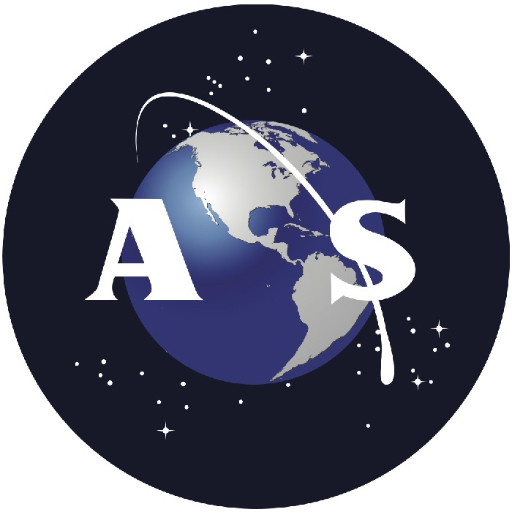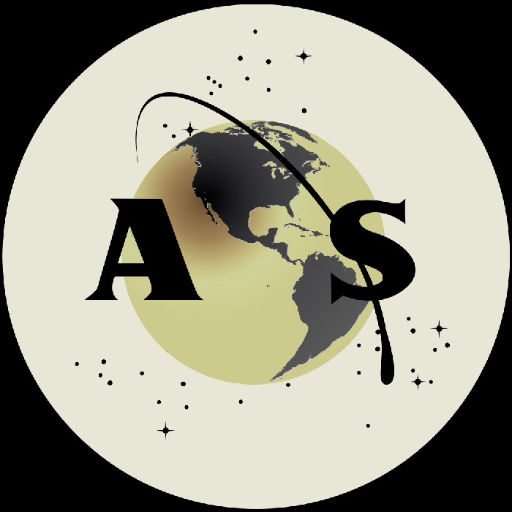![]() Sometimes it is hard to know when a press release is a result of either poor information, unintentional mistakes or intentional misdirection.
Sometimes it is hard to know when a press release is a result of either poor information, unintentional mistakes or intentional misdirection.
We will focus on just one paragraph of Musk’s statement, in particular, we will focus on Musk’s claim that the Ares I/Orion “…cost per flight, inclusive of overhead, was expected to be $1.5 billion compared to the $1 billion of Shuttle.”
As will be shown, such a statement by Musk concerning Ares I/Orion and Shuttle costs does not reflect sworn testimony given during hearings before the Senate Science & Technology Committee on March 18th, the House Science & Technology Committee on March 24th, the Review of U.S. Human Spaceflight (Augustine) Committee’s Final Report, or written statements by NASA. We assume that Musk is talking about launching Ares I/Orion or Shuttle twice yearly to service the ISS space station.
According to the Augustine Committee, Shuttle fixed costs are currently around $1.5 billion [Review of U.S. Human Space Flight Committee Final Report, p. 50, §4.1.2, Fixed Costs], and represents “…nearly 90% of the cost of running: the Kennedy Space Center; the engine test facilities at Stennis Space Center in Mississippi; a Mission Control Center in Houston; and the Michoud Assembly Facility in Louisiana.” Recent articles and Google reveal that a flight rate of two Shuttle flights a year to ISS is estimated to cost $2.4B, fixed costs inclusive. So, Musk is off by $1.4B, or 250%, in his estimate of Shuttle flight costs.
But, as hard as it may seem, that is the good news for Musk’s numbers.
During the House Appropriations Science Subcommittee hearing on March 23rd, ranking member Congressman Robert Aderholt confronted NASA Administrator with a letter from NASA confirming that at a flight rate of three flights yearly the total cost of Ares I/Orion was $1.1B. Not $3-6B that the NASA Administrator was then claiming in testimony or $1.5B that Musk now claims.
In testimony before the House Science & Technology Committee on March 24th, Associate Administrator for NASA’s Exploration Systems Mission Directorate Doug Cooke affirmed under questioning by Rep. Suzanne Kosmas that the expected marginal cost of Ares I/Orion for two flights per year was $176M per flight for a total of $352M, exclusive of infrastructure. If one were to accept Musk’s numbers, that would mean that Ares I/Orion infrastructure costs are expected to be $1.2B for two flights. And. That. Would. Be Wrong.
If one were to extrapolate that the per flight $176M marginal cost of Ares I/Orion for two flights a year holds for three flights, recognizing that marginal costs actually decrease with increased flights, the total marginal cost of flying Ares I/Orion three times yearly is $528M. Based on the NASA letter to Rep. Aderholt stating that the total cost of 3 Ares I/Orion flights yearly is $1.1B, subtracting the total marginal costs of those flights of $528M results in an estimated infrastructure/fixed costs of supporting 3 Ares I/Orion flights annually of $572M.
And now for the real bad news for our space entrepreneur.
If we adjust the Ares I/Orion flight rate from three flights per year, as assumed above, to two flights per year needed to support ISS crew and crew recovery vehicle (CRV) rotation, and adjust total marginal costs of those two flights downward to $352M ($176M x 2) while keeping infrastructure/fixed costs of $572M needed to support three, not two, flights per year as mentioned above, the total cost for two Ares I/Orion flights per year is $924M per year.
We will repeat that last number.
Based on Congressional sworn testimony by NASA officials and written statements by NASA, the total estimated marginal, infrastructure, and fixed cost of launching Ares I/Orion twice a year is $924M.
Not $1.5B as claimed by Elon Musk in his statement.
How could Elon Musk, founder of PayPal, be off by over 62% in his estimate of Ares I/Orion flight costs? How could the founder of SpaceX be off by 250% in his estimate of flying the Space Shuttle? And are such gross inaccuracies merely a mistake?
We leave to the readers to answer these questions for themselves.



